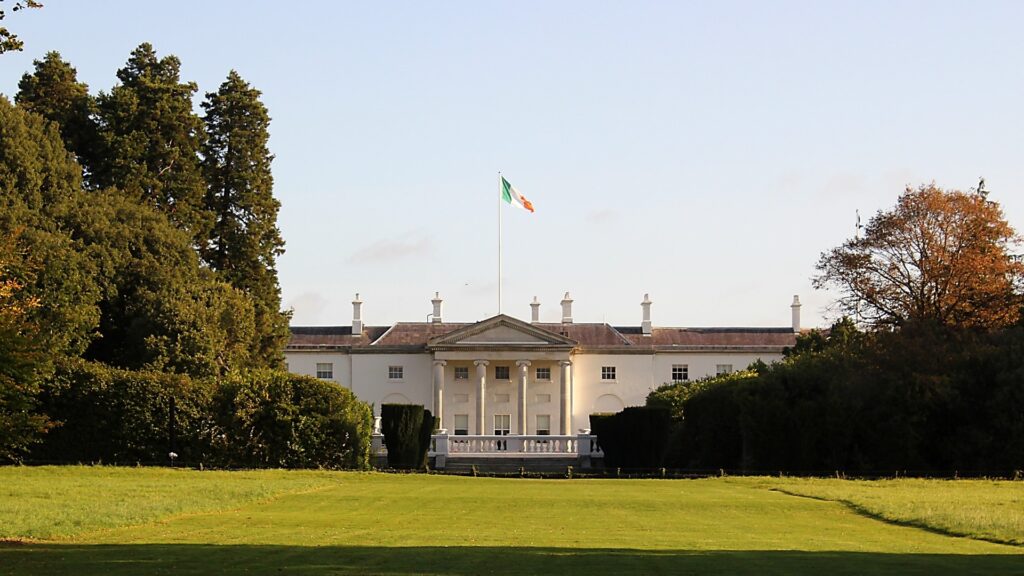Hungary’s financial position remains stable, and the country continues to be considered a recommended investment destination—according to a Friday evening statement from the Ministry for National Economy (NGM). The international credit rating agency Standard & Poor’s has reaffirmed Hungary’s sovereign credit rating, keeping it within the investment-grade category, in line with other rating agencies.
However, S&P revised the outlook on Hungary’s debt rating from ‘stable’ to ‘negative’, reflecting broader concerns seen across several European economies. The Hungarian government sees this as a temporary adjustment and expects a positive turnaround in the second half of the year.
According to the ministry, the fundamentals of Hungary’s economy are strong, as also acknowledged in the credit rating. Positive domestic trends are helping drive recovery: real wages have been rising for 17 consecutive months, consumer spending is expanding again, and tourism is expected to reach new records in 2025, following strong performance in 2024.
Employment figures remain high, with 4.7 million people working and the number of registered job seekers at a historic low. The automotive and real estate markets are also showing renewed strength, while residential lending and construction output have been on the rise for four straight months as of January 2025. The government’s goal is to place Hungary’s growth on a sustainable and balanced path. It expects GDP to grow by over 3 per cent in the second half of 2025, leading to an annual growth rate of around 2.5 per cent. Growth in 2026 is projected to reach approximately 4 per cent. To support this trajectory, the government is prioritizing the strengthening of the industrial sector and supporting Hungarian SMEs. As part of the New Economic Policy Action Plan, the Demján Sándor Programme has been launched, allocating 1,400 billion forints to enhance productivity, efficiency, and competitiveness. Additionally, investment loan products under the Széchenyi Card Programme have been made available with a favourable 3 per cent interest rate since March.
While Hungary still faces external challenges—such as weak global demand and Germany’s economic slowdown—the ministry emphasized the long-term benefits of major strategic investments by companies like BMW, BYD, CATL, SEMCORP, and EcoPro, all of which are boosting industrial capacity and competitiveness. To further stimulate growth and job creation, the government is launching the ‘100 New Factories’ programme, aimed at energizing the economy and supporting domestic businesses.
The ministry also underlined that Hungary’s financing position remains secure, and the government continues to uphold strict fiscal discipline. The 2025 budget is designed to be neutral—neither stimulating nor restraining economic growth—by achieving a primary balance (excluding interest payments).
In response to rising inflation, the government introduced targeted measures such as retail margin cuts on food products and voluntary price freezes through negotiations with banks and telecom providers. As a result, these service providers have agreed not only to halt price hikes but also to reverse increases made earlier in the year, offering financial relief to consumers.
Inflation began to ease in March, and April forecasts suggest overall inflation could dip to around 4 per cent, with food inflation expected to fall below 5 per cent.
The government reiterated its belief that Hungary is legally entitled to EU funds. So far, Hungary has drawn 1.97 billion euros from the 21.7 billion euros available under the 2021–2027 programming period, and a further 12 billion euros is already accessible. The government plans to channel these funds into the economy soon, with the active involvement of Hungarian businesses.
Hungary remains a reliable and attractive destination for international investors, underpinned by solid economic fundamentals and forward-looking policy measures, the NGM concluded.
Related articles:








